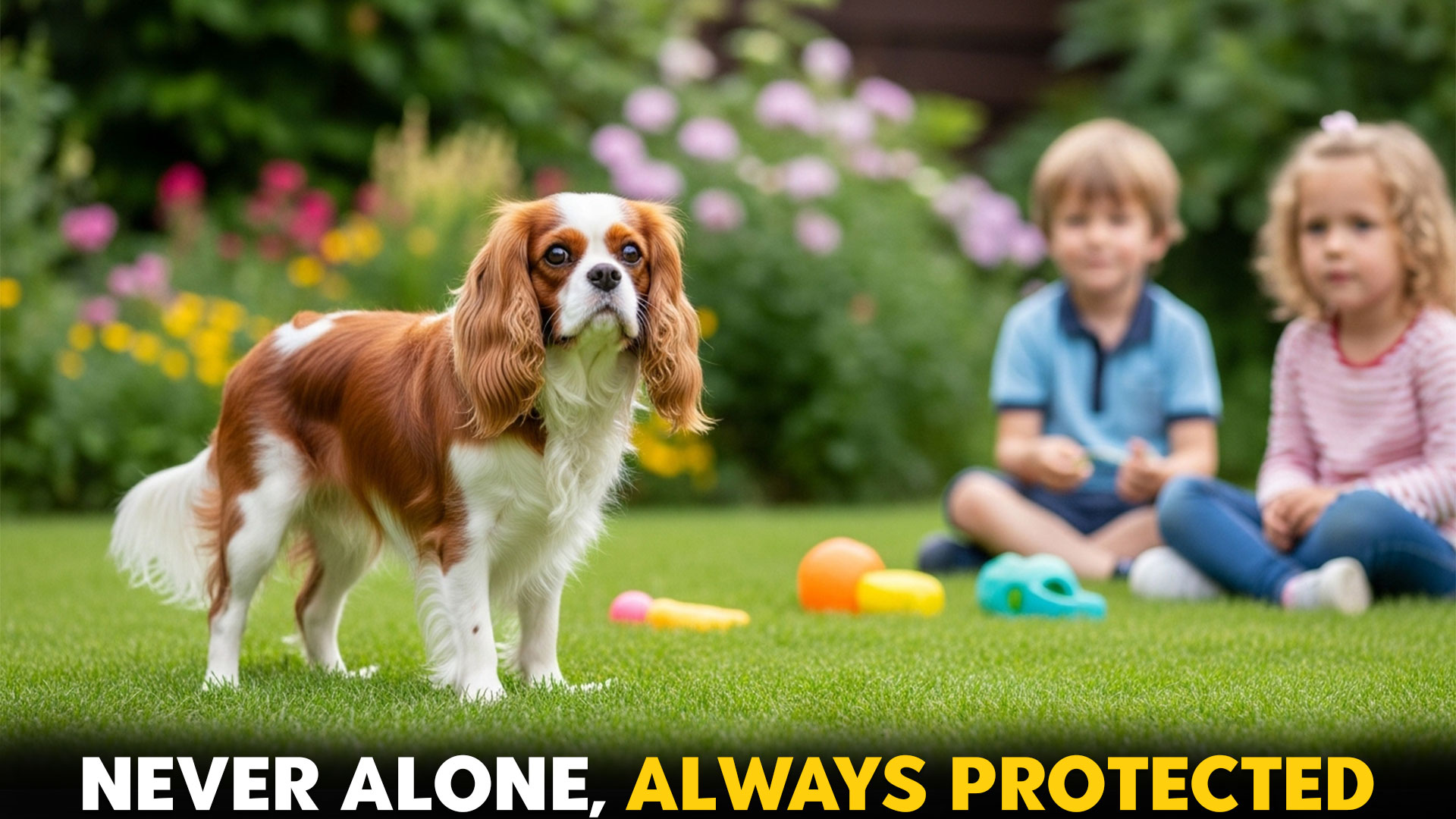It has been proven by several studies and research that dogs and children can have a positive effect on each other’s behavior if they spend time together.
Although everyone agrees that leaving young kids alone with any dog is not a wise decision, a studied analysis of their interaction shows that the child and the dog can develop a strong bond.
In fact, a canine can learn positive behavior by imitating children. When you are busy, your kid can act as a trustworthy trainer for your pet. It is important for children to fully understand how to behave with a dog. Some breeds are naturally child-friendly, and they would rather protect small kids than hurt them.
Of course, this also depends on obedience training and how well you have taught your dog to be kind to little humans.
Research on children’s relationships with pet dogs even suggests that dogs can positively impact a child’s health and well-being.
Children can experience more calm, responsibility, and a stress-free environment if they have a good bond with family pets. This bond can motivate them, increase confidence, and make home life feel more balanced.
This influence can vary in individual circumstances; if your kids and your dog are trained to interact properly, their relationship will certainly thrive.
Key Takeaways
All these dogs share a tendency to be kind and protective of children, but it is socialization and training that nourish this bond, as it does not always come naturally.
Dogs can form strong bonds with children to the point that you might completely trust them together, but there are still some things that you need to watch for.
Some dogs bond well with older children, while others also get along with younger ones. It depends on the owner’s choice of when to introduce their dog to a child.
Dog Breeds That Never Leave Kids Alone In Yards
1. Cavalier King Charles Spaniel

Small in size but large in spirit, the Cavalier King Charles Spaniel brings endless curiosity and warmth into a home. This is the kind of dog that never leaves kids alone; instead, it follows them everywhere.
While happily wagging their tail, these dogs love exploring every corner, and their naturally affectionate nature makes them especially suited for families with young kids.
Cavs can thrive on being loved, touched, and included. They bond so deeply with children of all ages. Their constant need for attention can sometimes overwhelm a single owner, which is why breeders recommend them for larger families.
In such homes, a dog can divide its affection among several people. Owners should ensure that their pup always has company without exhausting one individual. For children, though, this trait is a gift. Cavaliers never tire of playtime, cuddles, or companionship, which makes them great lap dogs.
2. Golden Retriever

Known as excellent family dogs and reliable hunting partners, Golden Retrievers are calm and patient, especially with children. Families who love long walks, hikes, or simply being outdoors will find them the perfect fit as these dogs adore activity and thrive when included in daily adventures.
Goldens are also fast learners and excel at obedience training, guiding, rescue, and therapy work, according to the American Kennel Club. They ask for very little in return: just affection and attention from the humans they love.
Their patience with children is remarkable, though supervision is always important, especially with young toddlers. Once accustomed to kids, Golden Retrievers build a bond so strong that they happily tolerate pulling or even little climbing.
Goldens bring joy and warmth into therapy sessions and lift the spirits of anyone who crosses their path.
3. Pug
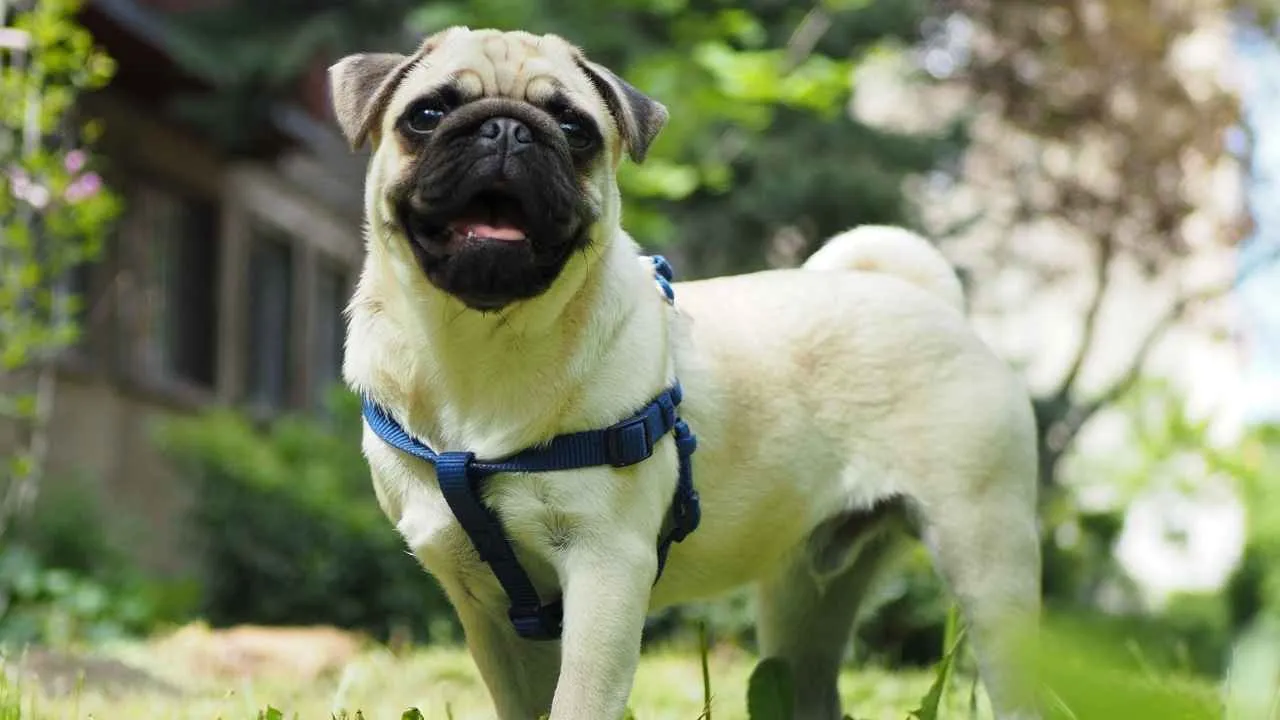
Pugs are famously affectionate with family members, strangers, and even other animals. Aggressive behavior is completely alien to them. The littler charmers adapt easily and are suitable for first-time owners. They are playful, sociable, and don’t demand long walks to stay happy.
With children, Pugs are extremely kind and respectful. Watching your child and Pug play together would bring endless amusement. They often roll onto their back, which shows they are enjoying their quality time with their favorite little humans.
However, because of their large, bulging eyes, parents must supervise playtime to prevent accidental injuries. Despite their gentle nature, Pugs can be a little stubborn.
Training may feel challenging initially, and harsh methods don’t work at all. They respond best to positive reinforcement, rewards, treats, and plenty of patience.
4. Boston Terrier
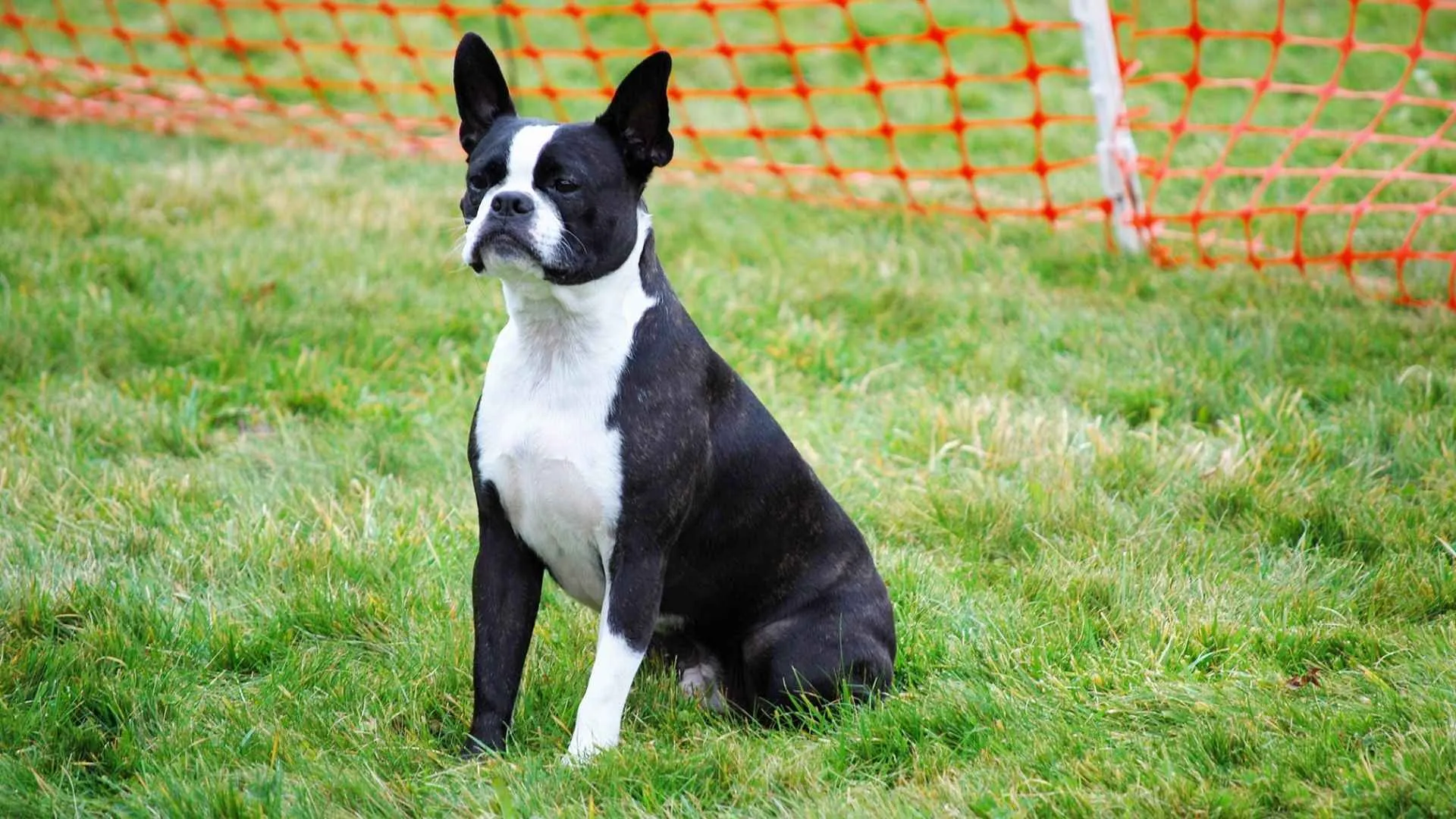
Boston Terriers are full of life and are always eager to join in the fun. They are sociable, smart, and a little self-sufficient.
They rarely sit still on the couch and usually chase after the owner. This dog bonds beautifully with children and adults. They are intelligent and have a quick, lively mind with excellent memory.
Their love for active play makes them a perfect match for kids since only a child can truly keep up with their playful energy. Boston Terriers are good family dogs, though they do best in active families that spend time with them daily.
While Boston Terriers are gentle with children, you should still be cautious with toddlers. Their strong attachment to family members means they can develop separation anxiety if left alone for long periods.
In busy households, children’s presence helps prevent this. However, obedience training from puppyhood is crucial. Bostons like to check boundaries, so teaching basic rules early will keep their mischievous side in check.
5. Collie
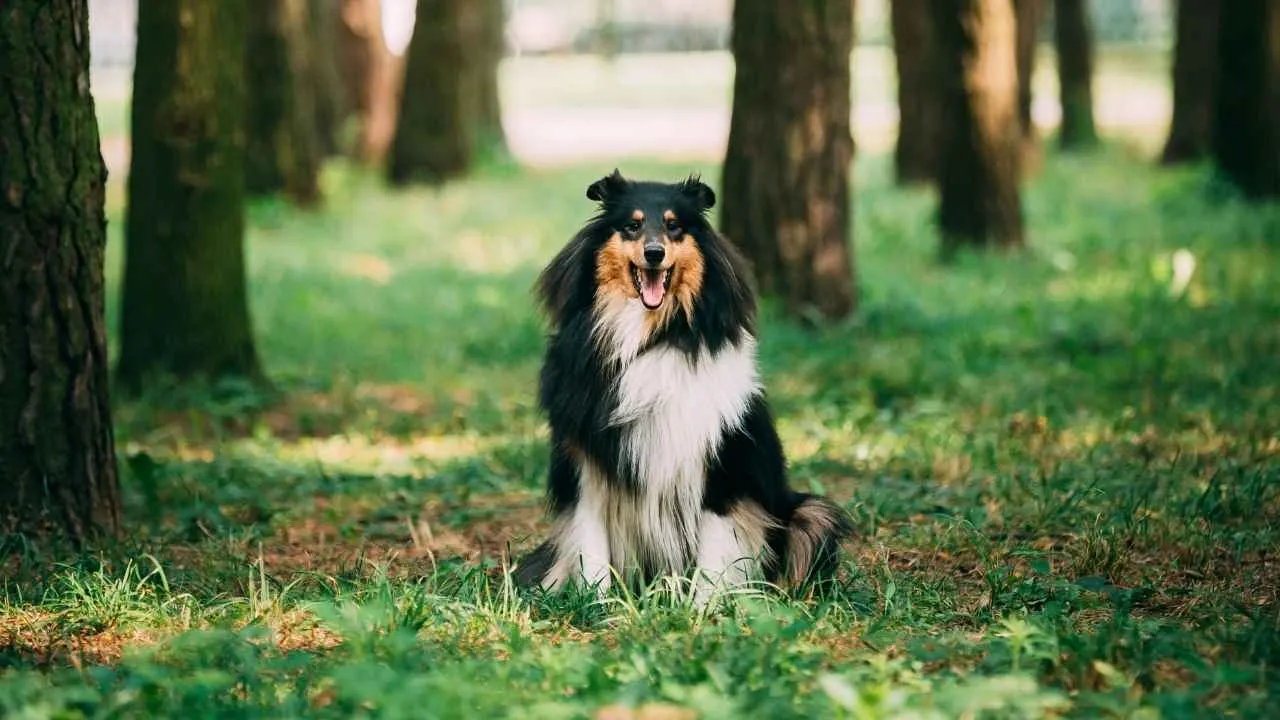
Collies are fiercely loyal and affectionate with families, but can be suspicious and even defensive around strangers. Known for their intelligence and quick wit, they thrive when given tasks, whether it’s herding livestock, protecting belongings, or watching over children.
The main challenge with Collies is their boundless need for daily exercise, as suggested by PetMD. Mentally stimulating tasks are necessary to keep them happy. When it comes to kids, Collies can take their guardianship role seriously, but this can sometimes translate into being overprotective.
A Collie may dislike you when your child brings friends over. Early socialization is therefore essential to help them learn that visitors are not a threat. Collies can occasionally play too roughly, which is why obedience training matters.
Each Collie variety has its own temperament, but with the right training, they can be gentle companions for small children.
6. Irish Setter
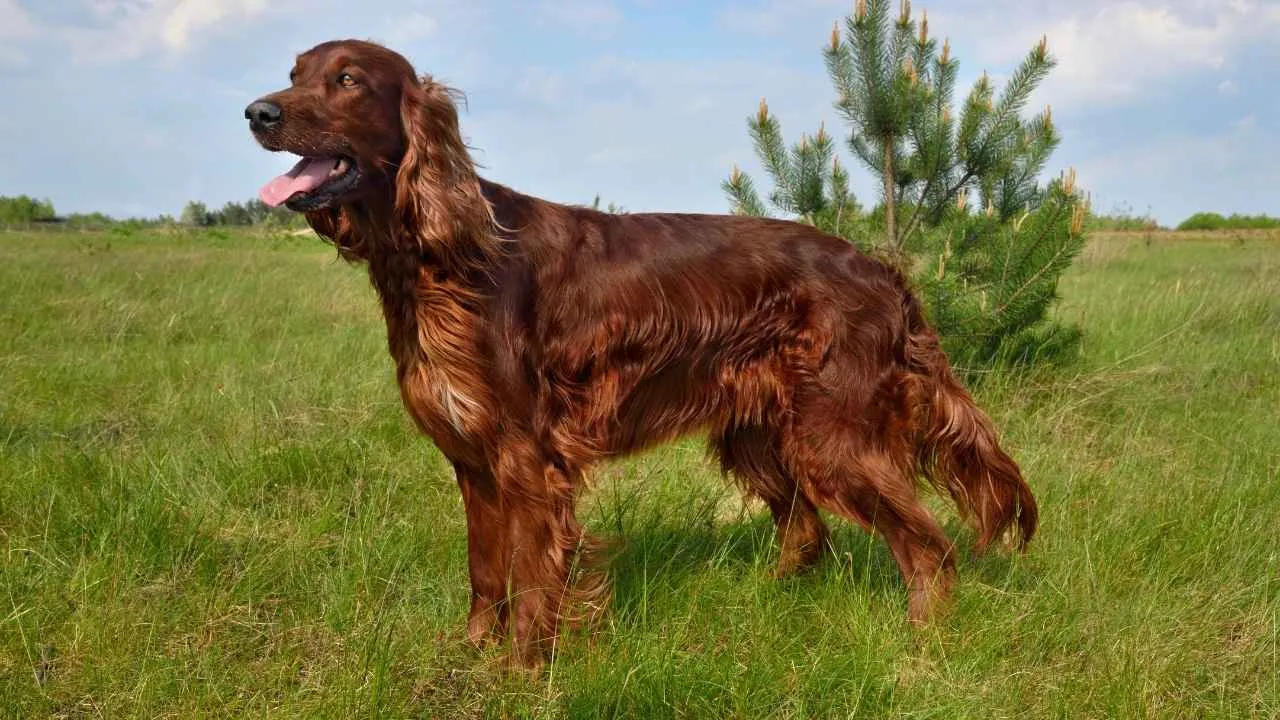
The Irish Setter is a hunter at heart, an extroverted intellectual with endless enthusiasm. This active breed thrives on energy and companionship. They are not the perfect choice for people who spend long hours at work.
An Irish Setter does not tolerate being left alone and wants to be in the middle of family life, according to Orvis.
What makes this dog especially endearing is its ability to constantly surprise owners with new and delightful qualities. With children, Irish Setters are exceptionally tolerant. They don’t mind kids crawling over them or tugging at their fur. They recognize these actions as playful rather than bothersome.
Their affection for kids extends to protection. Despite their easygoing temperament, Irish Setters will not allow anyone to hurt their favorite humans. Much like Golden Retrivers or German Shepherds, Irish Setters display remarkable intelligence.
They can learn anything from household behavior to advanced commands. With consistent training, their independent streak becomes manageable and makes them a loyal, protective pet.
7. Newfoundland
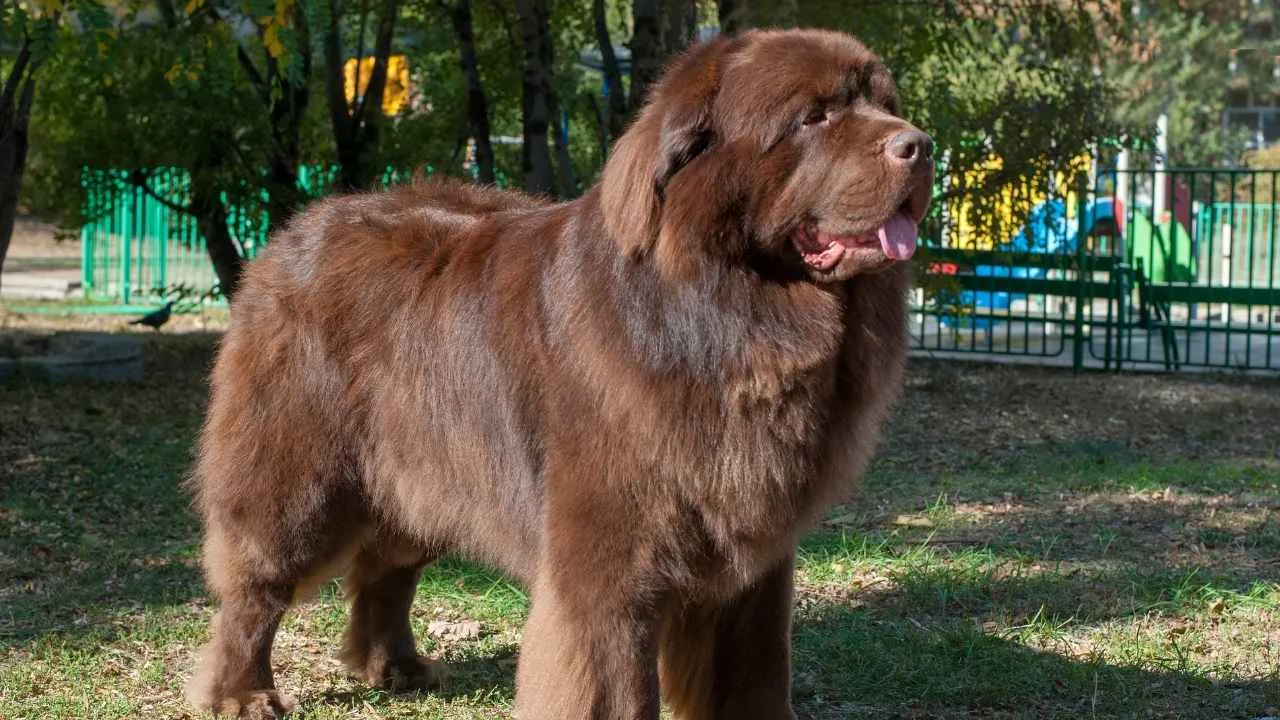
The Newfoundland is a gentle giant with a noble heart. It is a large, powerful dog whose every purpose seems to be serving people. Despite their imposing size, these dogs love human company, extend warmth to strangers, and form deep attachments to every member of the household.
With children, Newfoundlands show an almost parental instinct. They protect, tolerate playful teasing, and happily join in games without losing their patience. They remain calm and accepting around other pets. With their sharp intuition, they anticipate owners’ needs without being told.
They offer comfort when sadness is present and joy when laughter fills the room.
Training a Newfoundland feels less like work and more like shared enjoyment. Their fearlessness and quick wit allow them to grasp lessons instantly. A calm, respectful tone is enough to win their cooperation as they are eager to please.
For families with children, a Newfoundland is a playmate as well as a guardian.
8. Poodle
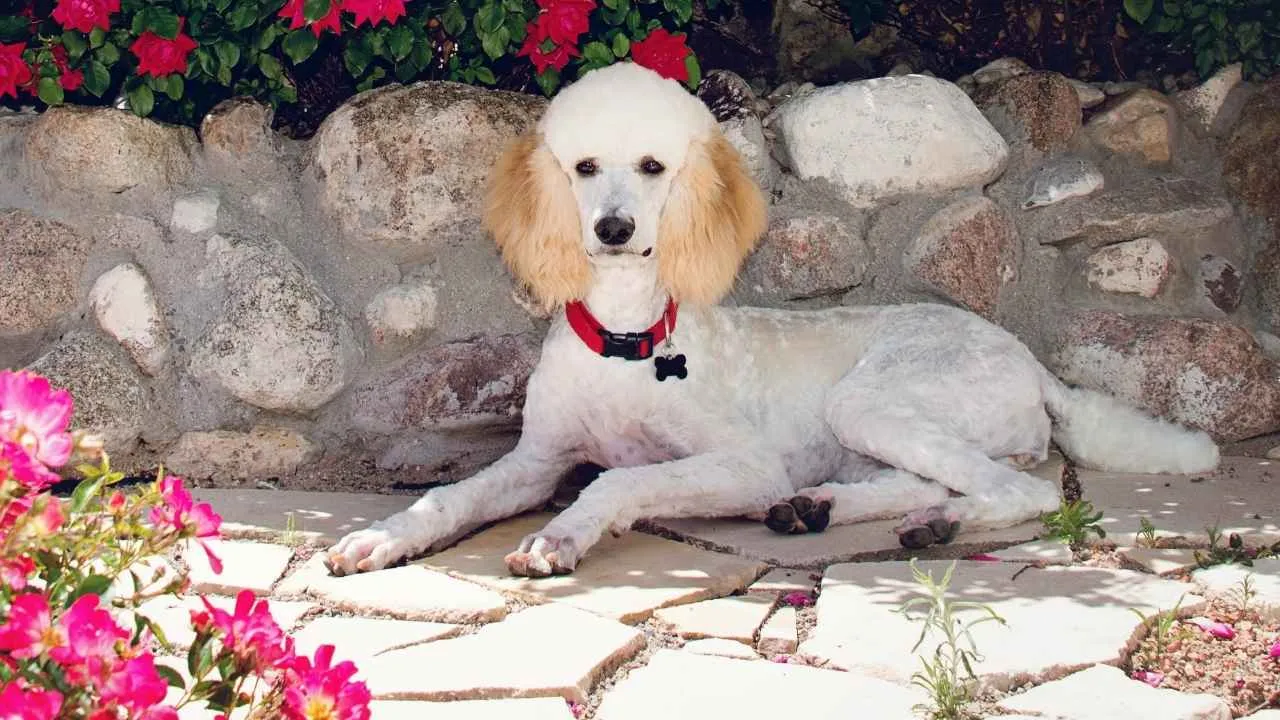
The Poodle is one of the most elegant and striking dog breeds that is recognizable for its curly coat and graceful appearance. Behind this beauty lies a lively personality and exceptional intelligence. Poodles are not aggressive; in fact, they carry a gentle kindness that makes them excellent family pets.
They are poor guard dogs, but what they excel at is forming strong bonds with children. These dogs love being partners in games. With their sharp mind and keen sense of smell, they have long been valued in hunting and detective work.
Poodles rarely turn down an invitation to play. With children, they balance the role of friend and protector. Poodle puppies, much like kids, thrive when they receive training through play and often mirror human behavior. However, families with very young children must teach boundaries.
Early exposure to kids teaches them how to interact gently, and in turn, they grow into affectionate and reliable companions.
9. Shih Tzu
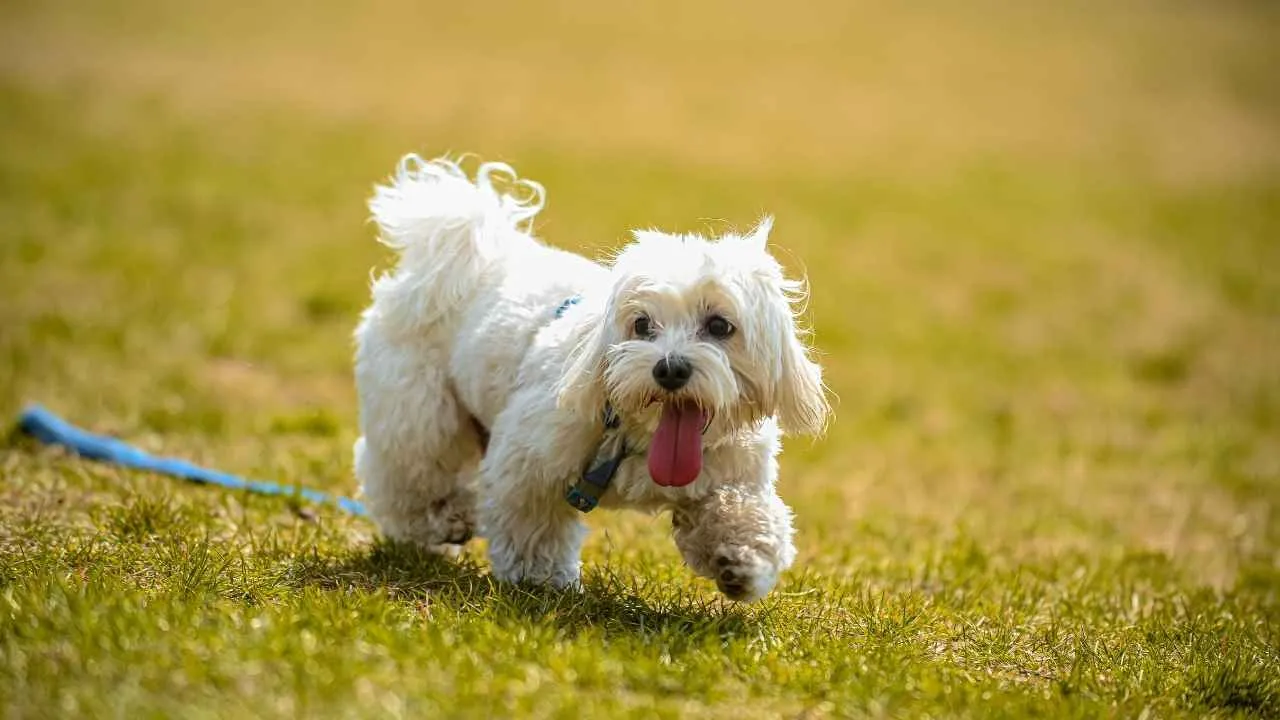
Shih Tzus are affectionate and loving, though they can be selective about mingling with strangers. When it comes to children, however, they are undeniably good companions. You can trust a Shih Tzu to play with kids and even look out for them.
Still, because of their small size, supervision during interaction is very important.
If a child tries to lift them or handle them roughly, it could cause the dog injury. Because of their delicate build, these dogs require gentle handling. Before leaving them in the care of a child, it’s essential to explain the rules.
Excited to bring a child-friendly dog home? Check the cost of owning a dog calculator to surprise your kid.
🐶 Select Your Dog Breed:
🐾 Select Your Dog Size
🏥 Medical expenses
🍖 Food
🐕🦺 Grooming
🧺 Equipment
🏞️ Miscellaneous Costs
🏥 Medical expenses
🍖 Food
🐕🦺 Grooming
🧺 Equipment
🏞️ Miscellaneous Costs
🐕🦺 Grooming
🧺 Equipment
🏞️ Miscellaneous Costs
🏞️ Miscellaneous Costs
Shih Tzus are popular dogs, but owners should remember that temperament can vary from one dog to another. A puppy might not exactly match the breed standard; hence, early training and socialization are key.
With the right approach, Shih Tzus can grow into child-friendly dogs. Their exercise needs are moderate, and they are quite content living indoors.
10. Staffordshire Bull Terrier
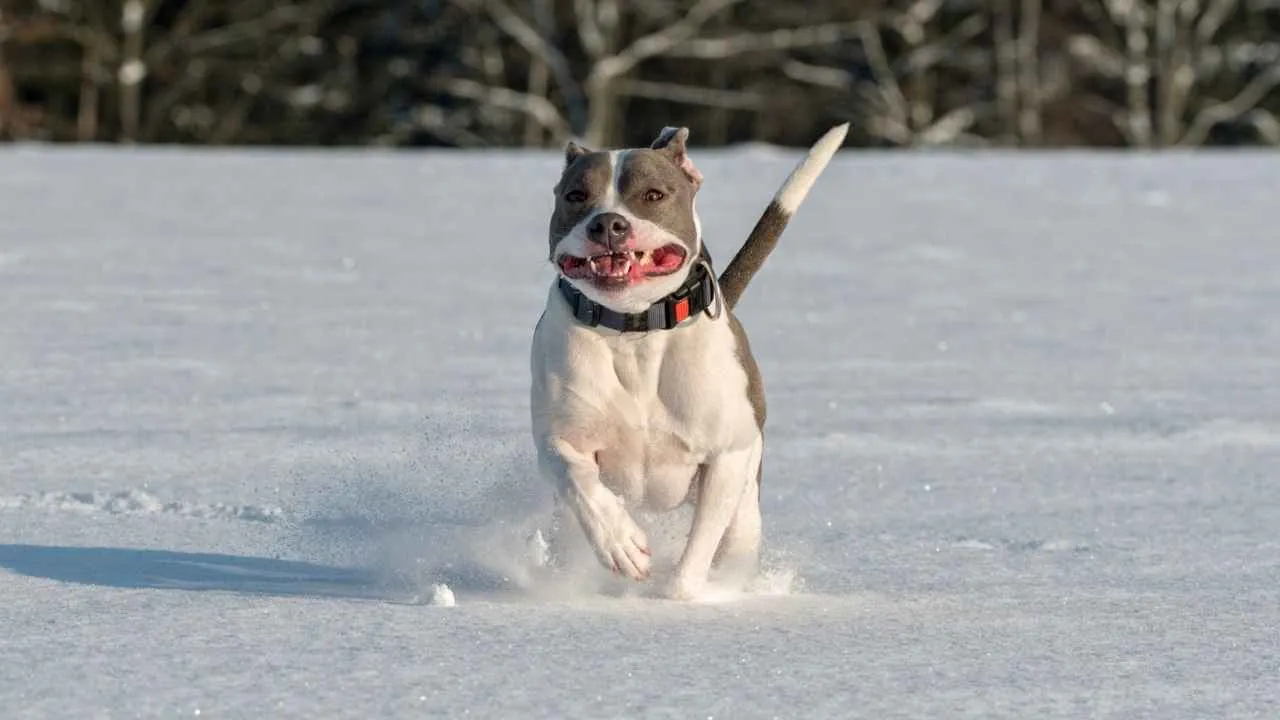
The Staffordshire Bull Terrier isn’t a couch potato. While they may enjoy a bit of downtime, they are naturally energetic and thrive on activity. These strong, muscular dogs prefer running, playing, or joining in fast-paced games. They need regular exercise and mental stimulation.
One of the most touching qualities of the Staffordshire Bull Terrier is that it is one of the most perfect child-friendly dogs. They never see kids as rivals for attention. Instead, they are affectionate, protective, and alert around them. Though they may look serious at first glance, Staffies are surprisingly sociable.
Sometimes they are stubborn, but this trait pales in comparison to their loyalty to their families. Staffordshire Bull Terriers have strong intellectual potential that blossoms with consistent training. It makes them not just obedient but deeply understanding companions.
Conclusion
Dogs are among humans’ most loyal protectors, and many breeds, whether large dogs or small dogs, carry a soft spot for children. These are the perfect family dogs that never leave kids alone in yards and watch over them with affection.
For pet owners with kids, careful planning is essential before bringing a puppy into the house. Managing toddlers and puppies together can be challenging. It is usually recommended to train a puppy first with basic obedience training and then allow gradual interactions with small children under supervision.
With proper socialization and patience, dogs learn that kids are to be treated with love and care. Still, kids should never be left alone with dogs for long periods without guidance. At the same time, ensuring your dog’s protection is equally important.
A good-natured dog can get hurt if a child behaves roughly. Even calm family pets need respect and attention.


